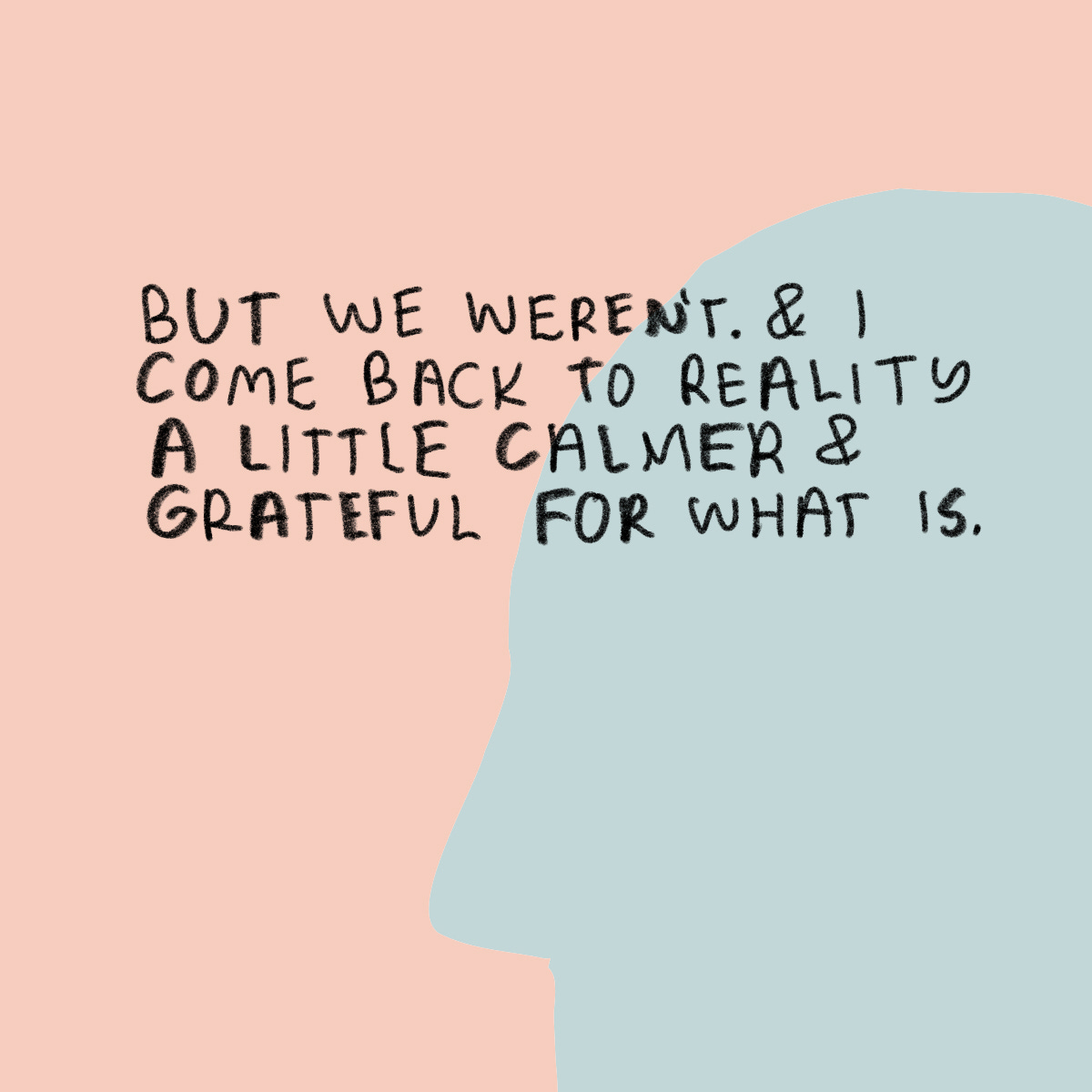Soothing an anxious-tired heart...
4 Ideas from you and this week's book interview: Jennifer Michael Hecht best-selling author of Doubt and Stay.
There are times when life just is too much. I had one last week when I took M to the dentist. Taking one’s child to the dentist should not be an anxiety-provoking thing. But it was for us. M has an oral aversion and it was mentioned during the visit that we might have to give her nitrous oxide to help her feel comfortable. I left crying. I tried to hold it in, but when we left, I broke. I read recently that anxious children need strong and stable parents. So I am trying to be that person, not for myself, but for her.
When was the last time you broke down? What did that feel like? And how did you recover? How were you able to pull yourself out of the abyss of sadness and despair? This week, we polled people to ask how they calm themselves when anxiety takes over. SO many, too many people to count, wrote in. Lots of people breathe. Spend time in nature. Pulling weeds, organizing their closets, eating, stretching, listening to music, wishing on stars, humming, bathing, free writing, napping, shaking, tapping, drawing.
I wondered why these things actually help with anxiety. There were a bunch of specific ideas you responded with that were new to me (at 40 years old):
Next time, when you are feeling good, write your future self a note. - @good0npaper
Face in ice, feet in ice, ice on your vagus nerve.
Lay on the floor and give up. It feels freeing and gives clarity - @ckomayo
Reading a teen novel for girls. Escapism.
Masturbating - @le.follow.the.clouds
Hand on heart as a reminder that it is safe to feel, hand on belly symbolizes being held and giving strength when you do not have any - @forrtheeyes
Cry so hard your head throbs - @calvincfz
Returning to long-term fantasies of deep connection with lost loves… it can be messy - @caz.fae.via
Focusing on finding rainbow colors in nature - @big_gal_al
Blaming things on my hormones - @maribelasalas
I am going to look at why giving up, masturbating, ice-baths, and returning to lost loves offer some support in soothing an anxious state.
Giving-up as a way to cope with extreme worry.
This one should not have been a surprise to me. really. but it was. But giving up offers to me the ultimate: relief. Perhaps you were raised in a culture that valued people on their ability to stick out the hard stuff. Why do some people make it and others don’t? Grit. Or so says Angela Duckworth. “No whining. No complaining. No excuses.” Her book, Grit, focuses on what it takes to keep going. Being someone who is a master is far more interesting than being an amateur she argues. Choosing something that will keep you interested is also key.
But what happens when your body and mind won’t actually move? There are times when quitting is perhaps the only way out. Last year, or the past few years, I have been having panic attacks. They started with tingling fingers and droppings things. And not being able to focus, forgetting where I am, and what I just read or learned. They started when I would be doing my daughter’s meds, I always worry that I am going to screw something up. And I have. So in my mind, the worry is not displaced. I would also go numb in interviews, forgetting people’s names that I had practiced many times beforehand.
We have been taught to have such a tight grip on reality at all times, that only by admitting letting something go is an option can we actually relax.
“We have grown to deeply associate our concept of self with our goals and as a result, we feel like a failure if we disengage from those goals or realise that something else actually fits and feels better. Though there is a lot of pressure to perform and to finish a task once it’s started, it is incredibly liberating and empowering to disengage from something when it is harming your mental or emotional wellbeing.”
Shannon Moyer-Szemenyei
Masturbating.
Why don’t we talk more about its healing powers? Female masturbation was never talked about. It was only something “boys” did. Why does masturbation have a stigma? When I was writing my second book, It’s Okay To Feel Things Deeply, masturbation was removed. From all the research I had found, it seemed pretty clear that it was helpful in producing dopamine in the body and lowering cortisol levels. The argument for removing it from the book was that it might make people uncomfortable. And “we” opted for that over the possibility that it could actually help people.
I still have shame about the act. I don’t do it often, I should really take my own advice and do it more. My excuse is that I don’t have enough time alone.
Keep reading with a 7-day free trial
Subscribe to BAD AT KEEPING SECRETS to keep reading this post and get 7 days of free access to the full post archives.





